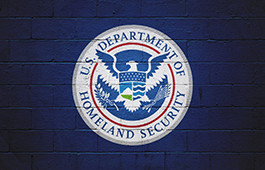Answer:
You definitely need to comply with the applicable export controls, which may mean obtaining a license before the export occurs.
These requirements would also apply with a “deemed export,” which may include making certain technology or data (like a .PDF) available to a foreign person, whether over the phone, at your facility, by email, or during meetings.
Several agencies, including the U.S. Departments of Treasury, Commerce, and State administer export control regulations and related sanctions. These include the Export Administration Regulations (EAR), International Traffic in Arms Regulations (ITAR), and sanctions administered by the Office of Foreign Assets Control.
In general, it will be important to determine whether the product or technology you are exporting is controlled. This will likely require classifying you product under the EAR. This classification may be accomplished by self-classifying or by submitting a classification request to the Department of Commerce through their online SNAP-R system.
A second important step generally involves screening the individuals, organizations, and locations involved to ensure that they are not included on any of the applicable agency lists or sanctions. In general, these restrictions include: (1) country-based restrictions, and (2) list-based restrictions.
Country-based sanctions have broad, country-wide restrictions. The prohibitions in the relevant regulations vary somewhat on a country-to-country basis, but in general, these sanctions prohibit United States persons and organizations from doing business with or in the specific countries without first obtaining a license.
List-based sanctions prohibit transactions between U.S. persons or organizations with individuals or entities identified or listed in an executive order or other applicable list. The list-based sanctions apply to these blocked persons in specific countries, as well as individuals and entities participating in certain activities (e.g. drug trafficking, terrorism and proliferation of certain weapons).
These lists are available directly from the government for you to review. In addition, several third party software providers make solutions available to assist with screening.



